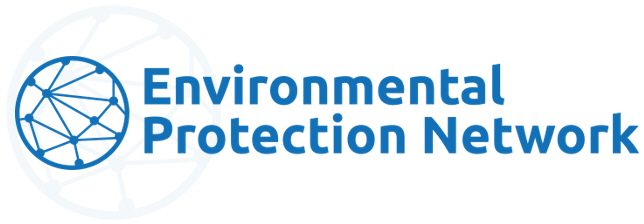FOR IMMEDIATE RELEASE
April 2, 2024
CONTACT:
Steven Fantes, Public Affairs Manager
617-817-1297 and steven.fantes@environmentalprotectionnetwork.org
Environmental Protection Network Applauds EPA’s Warning about DCPA and Urges Further Action
On April 1, 2024, the Environmental Protection Agency (EPA) announced steps to protect people from exposure to the toxic herbicide dimethyl tetrachloroterephthalate (DCPA, also known as dacthal). The chemical poses significant health risks for farmworkers, especially pregnant women and their fetuses.
William Jordan, Environmental Protection Network volunteer and former Deputy Director of EPA’s Office of Pesticide Programs, released the following statement:
“EPA’s announcement is a positive step toward protecting farmworkers from the serious health risks of the herbicide DCPA. We appreciate the strong warning from EPA and the public release of EPA’s updated risk assessment, which reveals the shortcomings of the proposals from AMVAC, the company that makes DCPA, to address those risks. Because the danger is so great, we urge the agency to issue an emergency suspension order as soon as possible to stop further sale and use of DCPA to protect vulnerable populations from the certain harm that additional DCPA use would cause.”
William Jordan is available for media interviews regarding the final rule announcement and its impacts on human health and the environment.
###
About William Jordan: William Jordan worked for EPA for 40 years and was the Deputy Director of EPA’s Office of Pesticide Programs, among other high-ranking positions. He is currently an independent environmental consultant and a volunteer with the Environmental Protection Network.
###
ABOUT THE ENVIRONMENTAL PROTECTION NETWORK
Founded in 2017, the Environmental Protection Network harnesses the expertise of more than 650 former EPA career staff and confirmation-level appointees from Democratic and Republican administrations to provide the unique perspective of former scientists and regulators with decades of historical knowledge and subject matter expertise.

